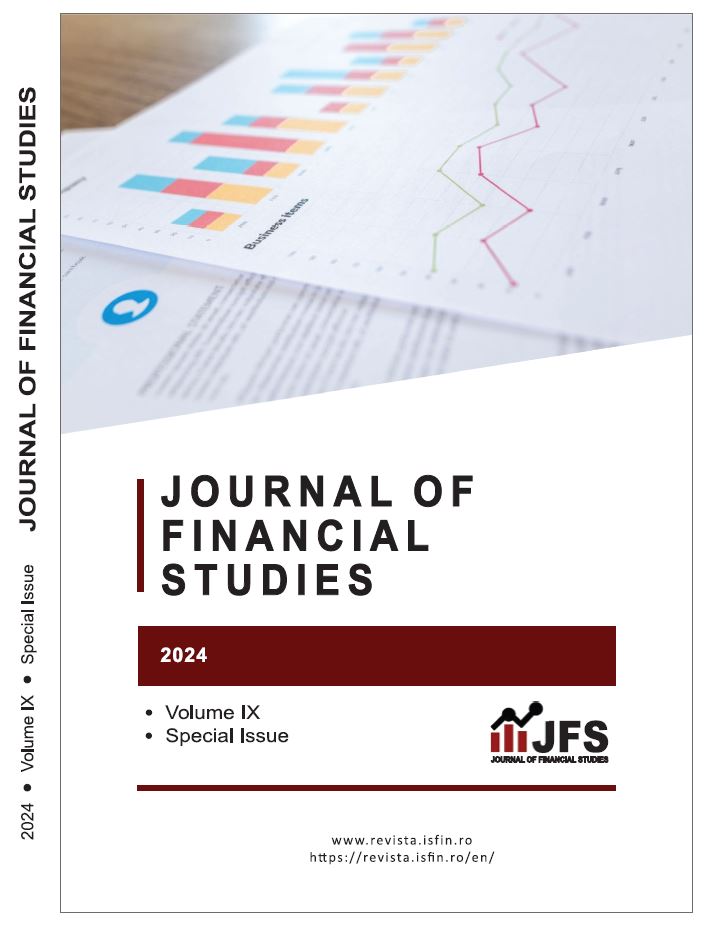Rolul educației financiare în îmbunătățirea nivelului de cunoștințe financiare, abilități financiare și responsabilități în rândul managerilor organizațiilor non-guvernamentale financiare din KwaZulu-Natal
The Role of Financial Literacy in Improving the Level of Financial Knowledge, Financial Skills and Responsibilities Among Non-Government Organisations Financial Managers in Kwazulu-Natal
Author(s): Jean Damascene MvunabandiSubject(s): Economy, Business Economy / Management, Socio-Economic Research
Published by: Editura Mustang
Keywords: financial literacy; financial responsibility; NGOs; and financial managers
Summary/Abstract: The lack of empirical evidence on key drivers of financial illiteracy among financial managers within non-governmental organisations (NGOs) sector can be the trigger of the current rate of NGOs collapsing in South Africa. Using a quantitative research strategy, this study investigated the role of financial literacy in improving the level of financial knowledge, financial skills and financial responsibility among 53 NGOs finance staff who were purposively and conveniently sampled. The respondents comprise financial managers, accountants, and senior managers and project managers. Data generated were analysed using descriptive and inferential statistics. The results of the study revealed that all the independent variables of the study correlated between .247 and .569. The findings of the study revealed that the ability to prepare a strategic business plan and the respondents’ capability to cope with their organisations’ financial shortfalls have a positive and significant relationship with their level of financial literacy. The study further found that (1) dealing with financial diversification (2) comparing their organisations’ financial performance against the financial objectives (3) writing financial objectives and (4) their ability to raise funds from different funders for their organisations have a positive and significant influence with their financial literacy. This article is the first to explore the financial literacy status among NGOs financial managers in KwaZulu-Natal (KZN). Relying on these empirical findings for the financial literacy variables. This study will fill a gap in understanding the variables identified that drive the financial literacy of NGOs financial managers. These findings will help NGOs financial managers to choose the financial literacy practices model to improve their financial knowledge, skills and responsibilities and eventually enhance the financial viability and sustainability of their entities. This study contributes to the current body of knowledge and further offer insight into constructs for measures of financial literacy among NGOs context.
Journal: Revista de Studii Financiare
- Issue Year: 9/2024
- Issue No: Special
- Page Range: 288-307
- Page Count: 20
- Language: English

